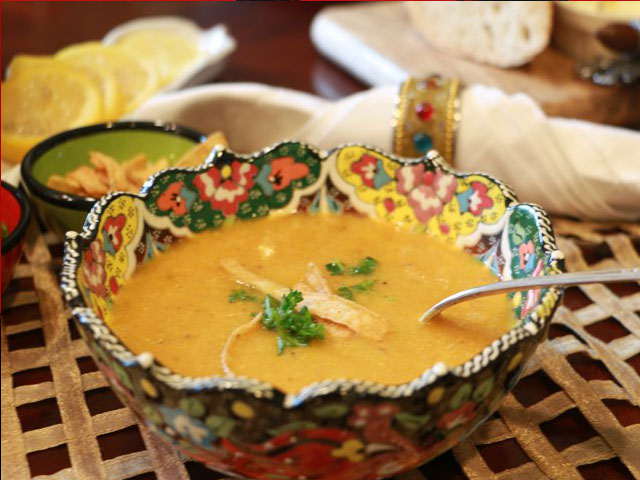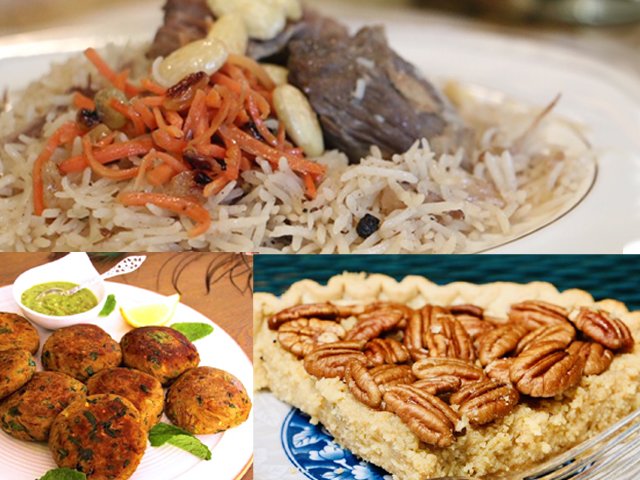
Parents need to understand that fostering sibling rivalry can be damaging to their personality, and if it persists, can impact their relationship later in life. PHOTO: SHUTTERSTOCK
Pitting sibling against sibling will only fail you as a parent
If we constantly compare our children, their sense of individuality diminishes and makes them feel they are worthless.
Recently, a friend of mine shared her personal story with me. When she was in high school, she excelled in English. However, this didn’t matter to her mother, because she was weak in Chemistry and Physics – subjects her older sister excelled in. What hurt her the most was when her mother would yell at her,
“Why can’t you be more like your sister?”
I’m glad my friend was confident enough to share this experience that had such a lasting impact on her. But I’m not surprised at all, since I have heard similar stories countless times. I have heard them from close friends, neighbours, relatives, and some of my acquaintances as well.
The truth is that I myself – unintentionally – say similar things to my children, which I come to regret later. This is in situations when my children are misbehaving or disturbing me while I’m in the middle of errands, and when I lose my patience and get frustrated. This occurs many times, and it’s hard to control, but I do view this style of parenting as negative.
I have learned if we constantly compare our children, they have a diminished sense of individuality, and ultimately come to believe they are worthless.
I have seen many parents do this, because they feel that by extolling the positive characteristics of a sibling (or other children) to their ‘errant’ or ‘weak’ kid, the child will improve. But this does not happen.
Instead, it generates more conflict and unhealthy competition. Studies suggest children who experience this kind of comparison experience low self-esteem.
It is normal for children to make mistakes, because it is an integral part of a child’s learning and growth process. Our children mess up; they lie, they are sneaky, they don’t listen, and they know how to push all the wrong buttons. But as parents, it is our job to guide them and be there for them, rather than adopt a ‘stream of consciousness’ style of parenting. We should not react to our kids’ misbehaviour or flaws with a litany of typical parental phrases. These are unproductive from the perspective of children, and must be avoided.
As my friend shared her experience, her mother’s comments and negative attitude is still stuck in her mind, and refuses to go away. This affects her relationship with her sister, even now as an adult, as both sisters do not know how to really be there for each other.
Parents need to understand that fostering sibling rivalry can be damaging to their personality, and if it persists, can impact their relationship later in life. I think what best works is avoiding negative language, which is essentially what is harmful to our children’s spirit and their emotional health. Ultimately, such parental actions are reflexive – a way to cope with the frustration.
On the contrary, we should focus on creating an environment promoting compassion and respect in the family, without criticism or judgment. According to a study, kids who have siblings have a better understanding of how to deal with social situations, which helps them when it comes to sustaining relationships as they get older. Because they can handle their brother or sister, they are more likely to understand how to best handle a partner later in life.
Similarly, we need to provide children the right set of values, guidelines and opportunities so they can express their feelings, emotions, thoughts, and creativity in a safe environment. This is essential because our children imitate what they see and hear, particularly from their parents. We need to teach them communication skills, so they express themselves in a respectful way.
This is possible when we assess our own behaviour and express ourselves calmly, thereby providing a safe environment in which they can learn things. For example, whenever I am in the middle of a chaotic situation, I try to think about what I’m saying and doing as a reaction to my children doing something. If required, I take a time out by taking a deep breath to calm myself, or by standing back and waiting for them to comprehend things at their own pace, in their own way, without my intervention.
Here are some tips I try to include in my parenting, so I can replace habitual and reflexive negative comments with phrases encouraging intrinsic motivation and the emotional growth of my kids. In case my kids are making mistakes, I calmly tell them to try harder. I feel if I encourage my kids to work harder, they will improve eventually, while also feeling proud of their own progress.
Similarly, if my kid scrapes their knee and bursts into tears, I offer a hug and acknowledge their pain. I then ask whether they would like a Band-Aid. When my kids demand expensive toys or video games, rather than saying no outright, I explain I cannot buy it for them because I’m saving money for more important things. If they insist on discussing it further, I have a perfect window to start a conversation about how to budget and manage money. We should take all necessary measures to do what needs to be done. If the situation requires, I promote non-competitive activities as well so kids can play together and relate to each other.
Studies on improving sibling relationships show children have better relationships when they share activities they both enjoy. The problem is that sometimes it can be tough to identify these activities if there is an age or interest gap. If parents pay attention, they can usually suggest something that will interest both children.
I believe parenting is an art we all need to learn as we go along nurturing our kids. There is no hard and fast rule to raising children. What will work in our home depends on our family, our child’s unique personality, the circumstances we are in, and the luck or challenges that come our way. But by consistently imparting our values, love and wisdom, our children will turn out right.
Let’s all work as collaborators in this effort to provide a safe environment for our children so they grow to be confident, self-reliant and positive individuals. For this, we should all choose the right and kind words so our kids can express what they want and how they feel. Hearing and respecting their feelings and allowing positive choices, while setting fair and clear limits, is the healthy balance we should strive for.
I’m saying this because for me, being respectful and displaying caring behaviour in our own interactions can make all the difference. It is appropriate to clarify by quoting what Maya Angelou once said,
“The birth of my son caused me to develop enough courage to invent my life. I learned how love my son without wanting to possess him and I learned how to teach him to teach himself.”




COMMENTS (7)
Comments are moderated and generally will be posted if they are on-topic and not abusive.
For more information, please see our Comments FAQ